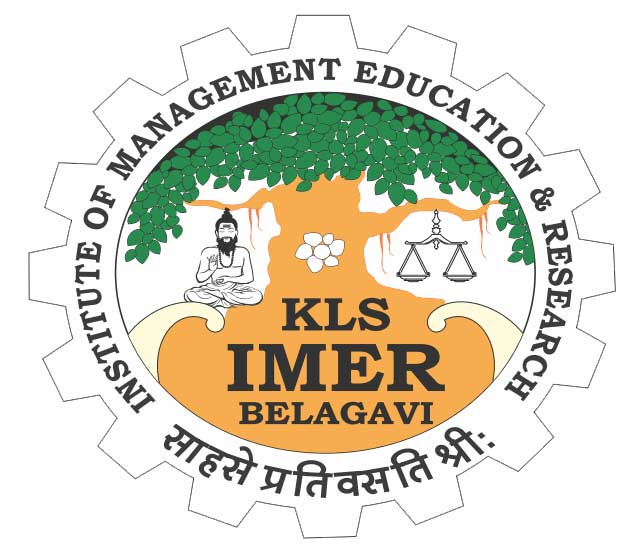Volume: 19, Issue: 1
ABSTRACT
This research paper explores the role of Green HR practices in contributing to sustainable development in organizations. In an era where sustainable development is at the forefront of many organizations, green HRM practices become essential for fueling efforts towards long-term ecological and economic objectives. The findings of this study articulate three significant drivers that compel organisations to move towards the Green HRM, namely, regulatory compliance, corporate social responsibility, and pressure from stakeholders. Hence, this paper also discusses the hurdles organizations encounter implementing these practices, which include resistance to change, unawareness with regards to the practices and lack of resources. Through analysing multiple case studies and relevant literature, this study shows the performance results of effective Green HR practices based on their positive outcomes such as employee engagement, reputation of the organization, and its sustainability performance. This study highlights how tailored HR practices integrating sustainability objectives can improve employee engagement, thus leading to increased productivity and overall well-being on both organizational and community levels. Conducting a systematic review of secondary data using the PRISMA tool, this paper adds to the burgeoning HR management and sustainability literature, with implications for both practice and research. It highlights the importance of promoting sustainability in organizations and argues the case for implementing Green HR practices as an essential part of modern-day Business Strategy. This exploration leads to the proposed framework, which it brings out the light on how these Green HR practices act as a catalyst for organizational sustainability and sets the path for future studies and practice in this domain.
Green Human Resource Practices, Organizational Sustainability, Performance Outcomes, Challenges, Drivers




